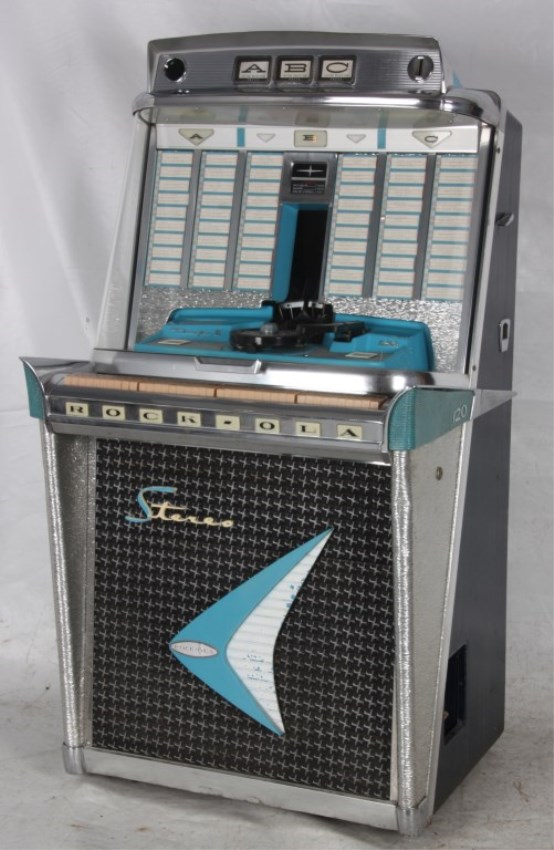
The 60s Official Site
"Where Music is Our Middle Name"
Quick Links
Your Daily Oldies Fix Top Ten Countdown Solid Gold Memories Jukebox Music
Vibration of a Nation Remember When Television of the 50s and 60s 60s Slang
Things You Just Don't Hear Anymore 60s TV Commercials Chickenman Episodes Woodstock This Weeks Number One Hits
The Early Years of Rock and Roll Vietnam War Myths
All the content menu is listed on the left menu border bar
The Outer Limits
The Outer Limits is an American television series. Similar in style to the earlier The Twilight Zone, though tending more to science fiction than fantasy, The Outer Limits is an anthology show in which each episode is a self-contained story, sometimes with a plot twist. In its original incarnation the show ran for two seasons from 1963 to 1965 in black-and-white. Similar in style to the earlier The Twilight Zone, though tending more to science fiction than fantasy, The Outer Limits is an anthology show in which each episode is a self-contained story, sometimes with a plot twist. In its original incarnation the show ran for two seasons from 1963 to 1965 in black-and-white. The Outer Limits originally was broadcast from 1963 to 1965 on the U.S. television broadcasting network ABC, and a total of 49 episodes. Leslie Stevens created it, and was one of many series influenced by The Twilight Zone and Science Fiction Theatre, though it ultimately proved influential in its own right. In the un-aired pilot, the series was titled Please Stand By, but ABC rejected it; Stevens retitled it The Outer Limits. With a few changes, the pilot aired as the premiere episode, "The Galaxy Being". Writers for The Outer Limits included creator Stevens and Joseph Stefano (screenwriter of Psycho), who was the series' first-season producer and creative guiding force. Harlan Ellison wrote "Demon With a Glass Hand" and "Soldier" for the more cautious second season. After James Cameron revealed in an interview that the inspiration for Terminator had come from Ellison's stories, Ellison sued him and was awarded several hundred thousand dollars in damages, and an end-credits mention in The Terminator (1984), stating the creators' wish to acknowledge the works of Harlan Ellison. The courts also awarded Ellison the right to an acknowledgement of his works included to all future versions of the film. Like The Twilight Zone, The Outer Limits had an opening and closing narration to almost every episode — the "Control Voice" (Vic Perrin) – and distinctive music, originally by Dominic Frontiere, listed as a "Production Executive"; the second season featured a new theme by Harry Lubin. The dramatic thrust of the two programs was different. The Twilight Zone used irony, the protagonist would achieve his goal, but not in the manner desired. The Outer Limits was straight action that deeply delved into philosophical problems within a science fiction context. Many of the stories dwelled upon the triumph of the human spirit, often in confrontation with dark existential forces within or without (hence, the "... mystery which reaches from the inner mind to... The Outer Limits"). |
|




